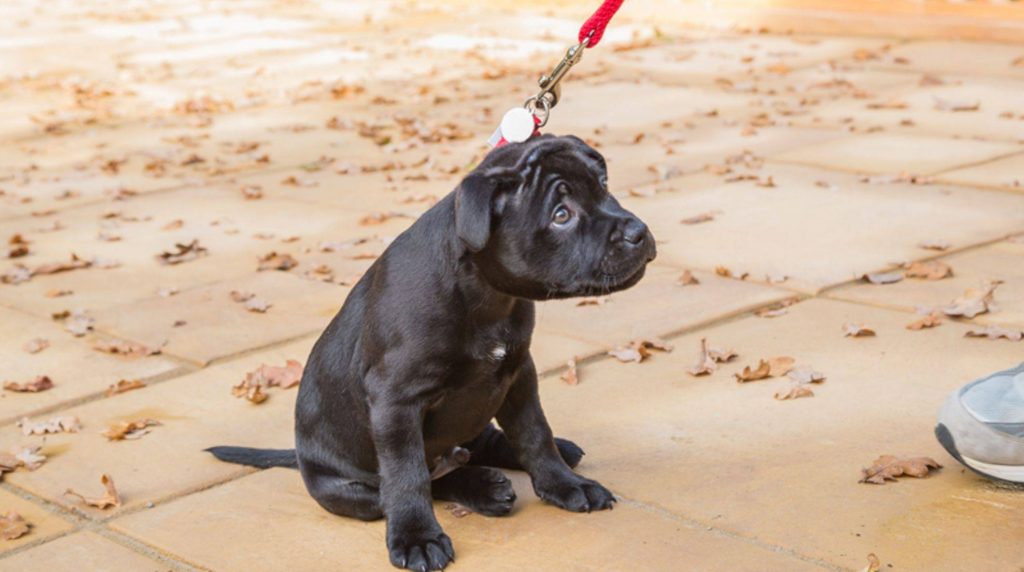Raising a dog is very different from raising a child. Dealing with frustration, failure and failure must also be learned. This is the only way to train the ability to find and try out new solutions. However, at some point, a limit is reached in dog training where a four-legged friend loses the motivation to learn because he has been confronted with frustration too often. How can a balance be found?

As with humans, frustration arises during dog training if something doesn’t go the way the four-legged friend expected. So he is disappointed because a specific need has not been satisfied. Everyone knows the feeling, and it is anything but pleasant – but it is part of life.
Why frustration is essential in dog training
A dog that hasn’t learned to deal with a certain level of frustration expects that his needs will always be met immediately and that everything has to go the way he wants it to. He quickly loses self-control and patience, is constantly under pressure, and is always stressed. Admittedly, this is an extreme case; but it shows how important it is for your dog to learn how to deal with frustration as early as possible. Imagine a child bringing home bad grades in frustration and crying. What is probably more helpful in the long term: for parents to write homework for their offspring in the future so that their school grades can improve? Or that the parents sit down with their disappointed child and go through together what they did not understand and motivate them to look for alternative solutions?
It’s the same with dog training if your four-legged friend doesn’t understand an exercise right away. Then he experiences frustration at first; maybe you are disappointed because you expected more from your pet. If you then immediately give up and skip the exercise, comfort your dog by petting him or giving him a treat; his frustration may dissipate in the short term. But in the long run, he learns that he will be rewarded if he gives up an exercise at the slightest difficulty or does not even try to find a solution. As a result, it becomes increasingly difficult to teach him anything. So, as much as it may break your heart when your little pup fails at an exercise during dog training, don’t stop him from learning through frustration and overcoming it.
Too much frustration is not good either.
However, there is also the other side of the coin: a child who constantly brings home only bad grades is scolded for it and, makes no progress despite all efforts, eventually loses the desire to make an effort. The feeling of constantly failing in learning at school can quickly become generalized, and the conviction arises that nothing will work out anyway and that you, therefore, don’t even have to try. This results from constant frustration, which can occur similarly in your dog when he is overwhelmed by dog training. Don’t forget that your four-legged friend is “only” about as bright as a three-year-old child and therefore needs your help to learn.
Instead of skipping an exercise that your dog is having trouble with, you can break it into smaller portions. Take a step back in difficulty and train with your pet until he can confidently master the minor step. Then you can move on. If you are unsure what you can expect from your four-legged friend when training a dog so that you neither overtax nor under-exert him, take him to a good dog school or look for an experienced dog trainer.









